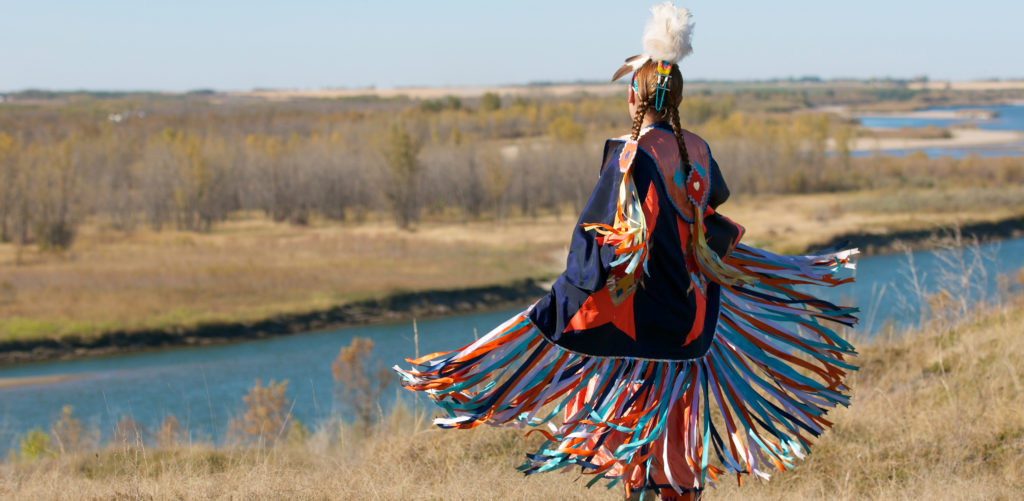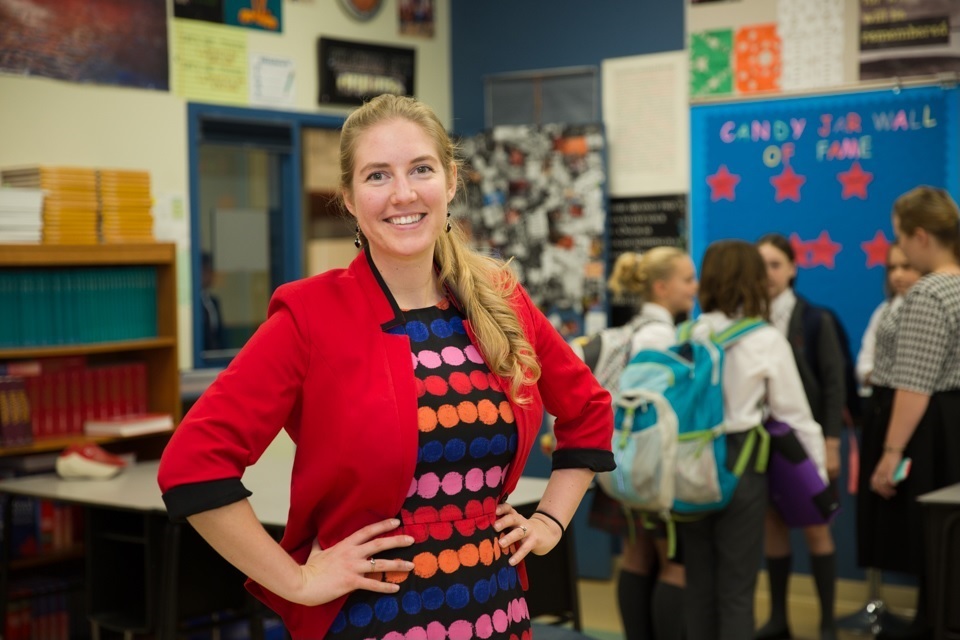
The Social Ideas Podcast
The Social Ideas podcast shares the impact of social innovation, its necessity and its capacity to challenge the status quo. Throughout this series, highly committed change makers in business, civil society, policy and academia will talk about their work, their ideas and their motivation to strive towards to a more equitable and sustainable world.
Necessary discomfort of postcolonial narratives
A 17 year-old Canadian high school student enters his Social Studies classroom and sees the day’s lesson topic, Indigenous responses to the imposition of liberalism, written on the whiteboard. He yells to his peers, “Guys, we’re learning about First Nations again”. A collective groan rings out from the hall.
Another student complains, “Again? We get it. Europeans came to Canada, wiped them out with disease and war, stole their land, forced them to sign treaties, sent their children to residential schools, and their communities have never been the same since. How many times are we going to go over this?”
“Ya,” says another, “I’m so sick of learning the same thing over and over again, especially when we know so little about history outside of Canada. This is such a waste of time.”
Slowly, the students trickle into the class and take their seats, many of them actively showing their displeasure at the day’s lesson by shaking their heads, sighing, and slumping over their desks.
After teaching Social Studies in Calgary for four years, Lisa Mallory wished to better understand the attitudes of Canadian teenagers towards Indigenous narratives. She knew they cared, but the existing curriculum was often met with disinterest, resistance and even anger. She used her dissertation research to better understand non-Indigenous Canadian students’ classroom experiences of learning about Indigenous perspectives.

Indigenous history and perspectives are being integrated across Canadian curricula in response to the Truth and Reconciliation Commission (2015) and, more recently, the National Inquiry into Missing and Murdered Indigenous Women and Girls (2019), which has also called for sweeping changes to the way Canadian institutions interact with and address Indigenous communities. These calls to action emphasise the role and responsibilities of education in the process of truth and reconciliation, but more research and development is needed.
Canada’s problematic history with its First Nations, Inuit and Métis (FNMI) peoples is increasingly on the forefront of Canadian policy and social justice agendas. Notoriously, Canada’s residential school system (active from the 1870s to mid-1990s) aimed to “kill the Indian in the child”[1] by forcibly removing Indigenous children from their communities in order to integrate them into Euro-Canadian society. In addition to being shamed for their language, culture and religious beliefs, many survivors were subject to physical, emotional and sexual abuse. The intergenerational trauma caused by these schools, and other federal and provincial policies and practices, account largely for higher rates of suicide, violence, poverty and poor health outcomes for FNMI Canadians.
With the Truth and Reconciliation Commission’s calls to action in education requiring curricula across Canada to include “residential schools, Treaties, and Aboriginal peoples’ historical and contemporary contributions to Canada”, Lisa became concerned that current approaches to teaching this content to non-Indigenous students would result in ongoing student resistance, limiting the impact of this initiative in promoting reconciliation.
Lisa’s research showed that students’ negative responses were not a result of their prejudice or worldviews being challenged. Rather, the students were frustrated with repetitive and overly simplified narratives, taught by cautious teachers. As one Canadian student explained:
“I think one of the problems is that, we want to learn about [Indigenous history and perspectives], but I don’t think necessarily the school system knows how to go about teaching it. So they just think we’re just gonna, like, force all this stuff into their heads and this will be good enough. But the problem is, the more you do that, the more resistant people get to [learning] it.”
Students wished to be further challenged to understand multiple perspectives, including their own. This was especially important to students who self-identify, as descendants of colonial settlers, as their family histories often brought up discomfort and insecurities surrounding their positionalities, as expressed by a Canadian student:
“[W]e talked about European [colonisation in Canada] and I have a very European ancestry. So, just thinking about how maybe my ancestors could have done something like that, it was very, ya, uncomfortable. Ya, I don’t like being seen as the bad guy. […] And maybe it’s because I also feel sorta ashamed that maybe, possibly, my ancestors did it or something like that, and maybe I just don’t want to talk about it anymore.”

These findings point to the need for further curriculum development and teacher training, to enable more nuanced teaching material addressing race relations in Canada. Importantly, this must include support for those delivering the curriculum to feel comfortable to address this complex and sensitive topic. Creating a safe learning environment in which young people can meaningfully address their own histories and positions, will represent an important step in the process of reconciliation.
In these podcasts, Lisa discusses how her research has enabled her to understand the challenges of teaching challenging and, often, uncomfortable narratives.
Part One
Part Two
Necessary discomfort of postcolonial narratives
Read Lisa’s research summary – https://www.jbs.cam.ac.uk/faculty-research/centres/social-innovation/research/research-summaries/necessary-discomfort-of-postcolonial-narratives/
[1] https://www.aadnc-aandc.gc.ca/eng/1100100015644/1100100015649 Stephen Harper, formal apology for residential schools


Leave a Reply